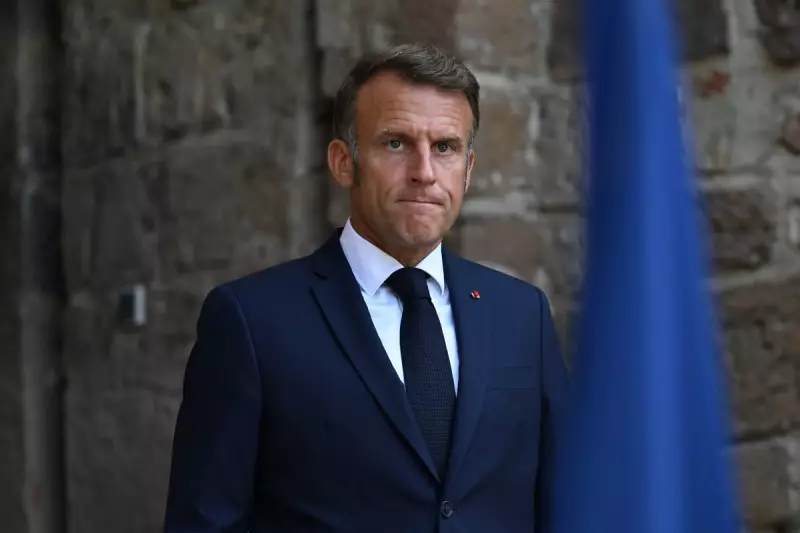
In a striking intervention on British soil, French President Emmanuel Macron has outlined a bold and contentious new diplomatic approach to the Gaza conflict, directly challenging the current US-led consensus.
Speaking at a humanitarian conference in London, Macron declared that a broader international coalition, incorporating Western and Arab nations, should be formed with the explicit purpose of fighting Hamas. This proposal marks a significant departure from the stance of key allies like the United States.
A Call for Ceasefire and Ground Operations
President Macron coupled his call for a new coalition with a firm plea to Israel. He publicly urged the Israeli government to agree to a ceasefire, a move he argued is essential for protecting civilians in Gaza.
"We are at a moment where the Israeli authorities must define their objective more precisely," Macron stated. "The total destruction of Hamas? Does anyone think that's possible? If it is, the war will last ten years."
He emphasised that while France recognises Israel's right to self-defence, an indefinite military campaign is not a viable strategy. His comments suggest a growing impatience among European leaders with the scale and duration of Israel's offensive.
Diverging from Washington's Path
The French President's proposal for a dedicated anti-Hamas coalition signals a potential rift in the Western response. The United States has thus far focused on supporting Israel's military efforts directly rather than advocating for a new multinational force.
This unilateral announcement from Paris is being interpreted by diplomatic observers as an attempt to forge an alternative European-Arab axis to manage the crisis, potentially reducing reliance on American direction.
The Humanitarian Imperative
Macron's address placed significant emphasis on the dire humanitarian situation in Gaza. He described the suffering of civilians as "unacceptable" and warned of severe long-term consequences for the region.
"There is no lasting security for Israel in the region if its security is achieved at the cost of Palestinian lives and the dignity of the Palestinians," he argued, framing the ceasefire as a strategic necessity for lasting peace as much as a moral obligation.
The French leader's speech in London underscores a renewed and assertive French diplomacy, aiming to position itself as a central power broker in one of the world's most intractable conflicts.






